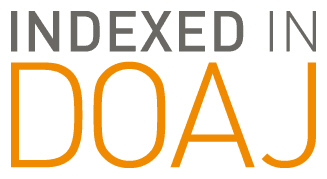Abstract
Social work students must interface with other professionals amid diverse disciplines and settings. While aspects of their work requires independent practice, students also encounter practice environments that require cross-system approaches that can create ethical conflicts and dilemmas. Interprofessional collaboration and ethical decision making are specific behavioral outcomes students must demonstrate to achieve competency upon social work degree completion. In social work education, scholarship that highlights the benefits of exposing students to interprofessional education (IPE) is an emerging area. Gastmans’ Dignity Enhancing Care Model and the Generalist Social Work Practice Framework have been adapted to create an integrated framework, the Generalist Framework for Interprofessional Social Work Education. This framework aligns with social work and is appropriate for use in practice settings with both clients and interdisciplinary professionals. To promote interprofessional education in preparation of future social work professionals, the application of this ethical framework will be explored using a case study.
Recommended Citation
Smith, Misty G. and Murray, Felicia Law
(2021)
"An Ethical Framework for Interprofessional Social Work Education and Practice with Clients and Professionals,"
Journal of Human Services: Training, Research, and Practice: Vol. 7:
Iss.
1, Article 5.
Available at:
https://scholarworks.sfasu.edu/jhstrp/vol7/iss1/5
Included in
Curriculum and Instruction Commons, Higher Education and Teaching Commons, Other Teacher Education and Professional Development Commons, Social Work Commons
Tell us how this article helped you.
